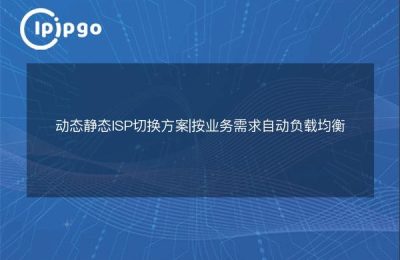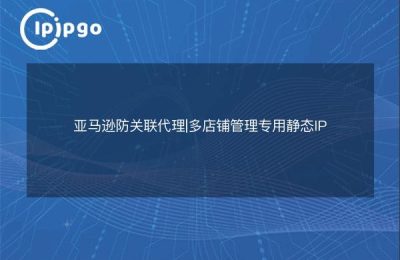
Definition of Static Residential IP Proxy
Static residential IP proxy is a proxy service with fixed IP addresses obtained by legal means, which usually come from real residential networks with high stability and privacy. Compared with dynamic proxies, static residential IP proxies can better simulate the online behavior of real users and are suitable for scenarios that require a large number of long-term stable IPs.
import requests
proxies = {
'http': 'http://username:password@your_static_residential_ip:port',
'https': 'http://username:password@your_static_residential_ip:port'
}
r = requests.get('https://www.example.com', proxies=proxies)
print(r.text)
Advantages of Static Residential IP Proxy
Static residential IP proxies have the following advantages over other proxy methods:
1. High Stability: Static residential IP proxies typically have high stability and long-term availability because the IP addresses come from real residential networks.
2. Low risk of being blocked: Static residential IP proxies are closer to the online behavior of real users, so the risk of being blocked by websites is lower.
3. High privacy: Using a static residential IP proxy provides better protection of personal privacy and is less likely to be tracked and identified by Internet companies.
Word-of-mouth analysis of static residential IP proxies
According to market research and user feedback, Static Residential IP Proxy has an overall good reputation. Users generally believe that static residential IP proxies have excellent performance in terms of stability and privacy, and are suitable for business scenarios that require stable long-term IP. However, some users reflect that the price of static residential IP proxies is high, and some service providers have uneven reputation and service quality.








